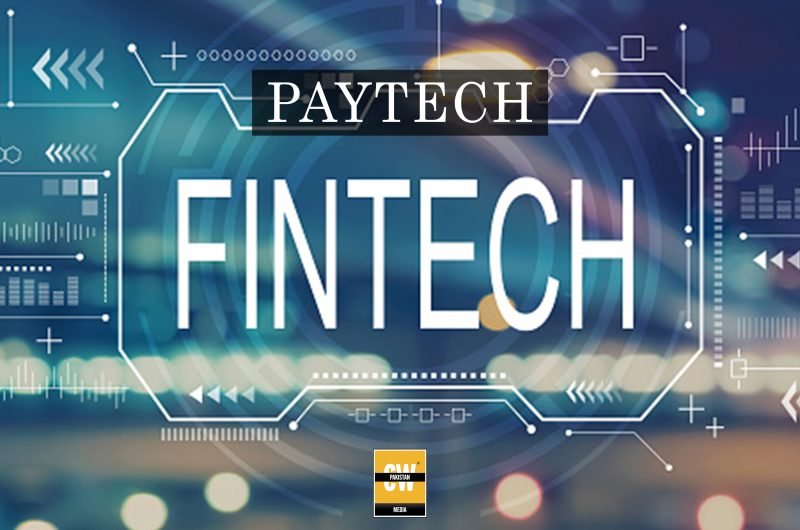If you are a young fintech startup in Pakistan aspiring to ride the fintech wave, you might find yourself stumbling on the edges, unable to strike the right balance to make it to the mainstream. You ask yourself, “How does one pull off a fintech startup in a market regulated in favor of banks who aren’t open to partnerships with small companies like yours?” The answer is: Pick the right partner bank. Not all banks are the same when it comes to fintech partnerships.
The fintech boom started off with claims that fintech startups could wipe off banks from the face of the earth. It was soon realized that that won’t be necessary. It emerged that ‘fintegration’ (a term coined by The Economist), or the collaboration between banks and fintech firms, was the best way forward.
Fintech firms are lean and agile, making the turnaround time in experimenting with new products and services much faster than banks. The technology through which banks in Pakistan currently operate – the core banking system – does not allow frequent updates which the new age users demand.
In the developing world, the fintech proposition becomes even stronger. Around two billion people around the world are financially excluded – a majority of them residing in developing countries like India, Pakistan, and Indonesia. Banks have large operational expenditures which prevent them from extending their branch networks to rural areas. However, with the increasing penetration of mobile phones, especially smartphones, and the Internet, serving the excluded segments has become possible.
Read more: The Dawn of Pakistan’s Fintech Boom
Financial inclusion is not just limited to having an account with a formal institution. Instead, it means having access to the full set of financial services – payments, insurances, savings and investment – in a competitive market with favorable regulations and at affordable prices. While the incumbents provide basic banking services, build economies of scale and comply with regulations, creating specialized services for the niche is not their strong suit.
The underlying technology platform of banks and their organizational structures around product silos prevent them from taking a holistic view of the customer and respond to rapidly changing customer needs.
Fintech firms, on the other hand, are lean startups which can achieve this for them. If the 70 million people of Pakistan, expected to be online through 3G/4G services in the next few years, have to be diverted to digital payment mechanisms, then banks and fintech firms will have to play a very important role together. However, not all banks realize the dynamics of this partnership.
Fintech firms’ relationship to banks can be best understood with the smartphone/app analogy. These firms will do to banks what apps have done to smartphones. Banks, with their economies of scale, will become platforms for these firms which create differentiated apps for niche segments. If the apps gain traction, the smartphones gain. But if an app goes bust, it never hurts the smartphone platform as there are thousands of other options to choose from.
Similar is the case for banks and fintech firms. If the firms succeed in creating a new product, bank customers become happy and banking platform gains more traction. But if firms have nothing significant to offer to the customers, they simply disappear, leaving the banks intact. The burden of innovation will be shifted from banks to firms simply by opening banking platforms.
Banks have no capital investment to lose and hence no reason to be obsessed with the return on investments (ROI). The competitive edge for banks will instead come from creating a portfolio of the most relevant fintech propositions for their customers.
Most, if not all, successful partnerships are those created on an equal footing. However, what many banks don’t realize is that creating a tech partnership is a leadership problem and not a capital expenditure (CAPEX) problem. It requires a progressive bank leadership to be able to recognize and appreciate the value of partnering up with a fintech.
For years, big banks have invested heavily in technology with a keen focus on the ROI in each technology upgrade. The issue with big banks is that they expect the same dynamics when it comes to fintech firms as well. They want to buy their code and treat them as vendors and not as equal partners. Some small banks also mistakenly consider themselves incapable of formulating fintech partnerships because they view the lack of heavy CAPEX capabilities as an inability.
Read more: Microfinance and Fintech
However, in practice, small banks are most suitable for partnerships as they view fintech firms as their equals instead of vendors. The banks provide the regulatory cover to firms, which focus on innovation, and together they create value.
With the advent of cloud computing, social media, analytics, and mobiles, the costs of producing new pieces of technology have gone remarkably down, making the vendor-buyer mindset obsolete. Banks do not have to invest heavy CAPEX as fintech firms become capable of supporting their own product development with venture capital (VC) funding once they have a proof of concept.
An example of such a partnership in Pakistan is the FINCA-Finja partnership. FINCA Microfinance Bank Pakistan and Finja, a local fintech startup, have collaborated to produce a mobile wallet that can be used to make payments through any smartphone and from any bank account in the country. FINCA Microfinance Bank, with its branchless banking license, is providing regulatory cover while Finja is the super-agent managing the mobile wallet product and brand. Finja has won $1 million seed investment which supports its product development, requiring no capital expenditure from FINCA. The partnership mindset does not end here. It extends all the way to customers, merchants, agents and other fintech firms.
In this new age of financial services, banks will have to reinvent themselves as open platforms accessible through application programming interfaces (APIs) and enable consumption by a carefully crafted portfolio of firms most suitable to their customers’ unique needs.








